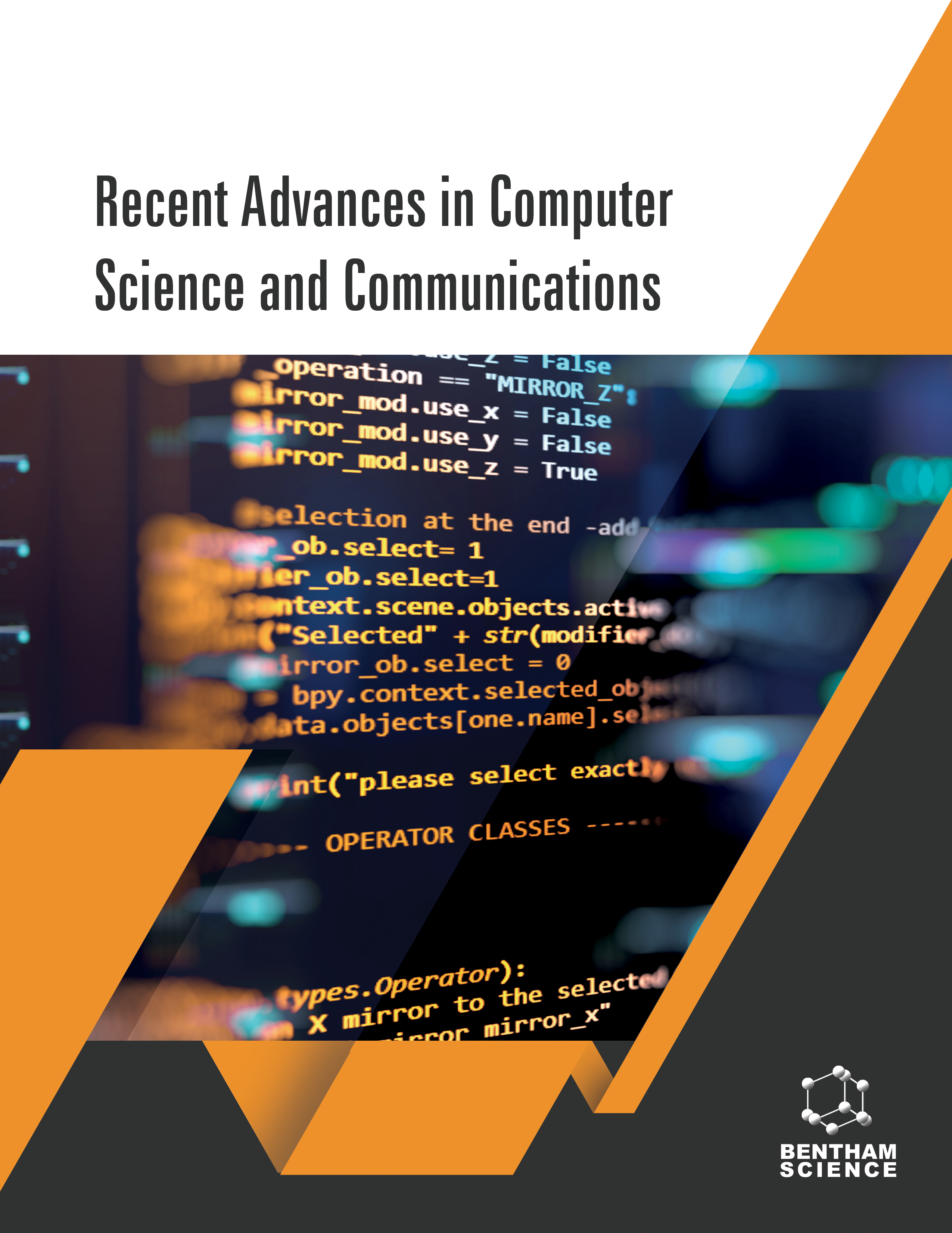-
f Digital Twins (Artificial Intelligence and Machine Learning) for Diagnosis of Alzheimer’s Disease: Ethical and Regulatory Aspects
- Source: Recent Advances in Computer Science and Communications, Volume 18, Issue 4, Jun 2025, E180624231083
-
- 21 Feb 2024
- 30 May 2024
- 18 Jun 2024
Abstract
Recent strides in artificial intelligence and machine learning have gained considerable attention in the diagnosis of Alzheimer's disease due to its ability to detect the disease at an early stage. Along with the advances in AI (Artificial Intelligence) and ML (Machine Learning) for the detection of AD (Alzheimer’s Disease), ethical considerations and regulatory aspects must also be meticulously addressed. This review covers the ethical questions that arise with the use of AI and ML in AD diagnosis. Privacy and protection of individual’s personal data, clinicians making their decisions based on AI, and unbiased and autonomy concerns like consent of the patient are covered here. Given their transformational nature, it remains entirely unclear how AI-driven methods for studying the human brain will impact normative instruments in research ethics and neuro-ethics, as well as fulfill appropriate criteria of scientific validity. Explainable AI and ML systems have been developed recently to avoid potential bias and unethical conduct. This article also discusses the type of potential personal patient information that could be exploited during the use of AI and ML-based algorithms.


